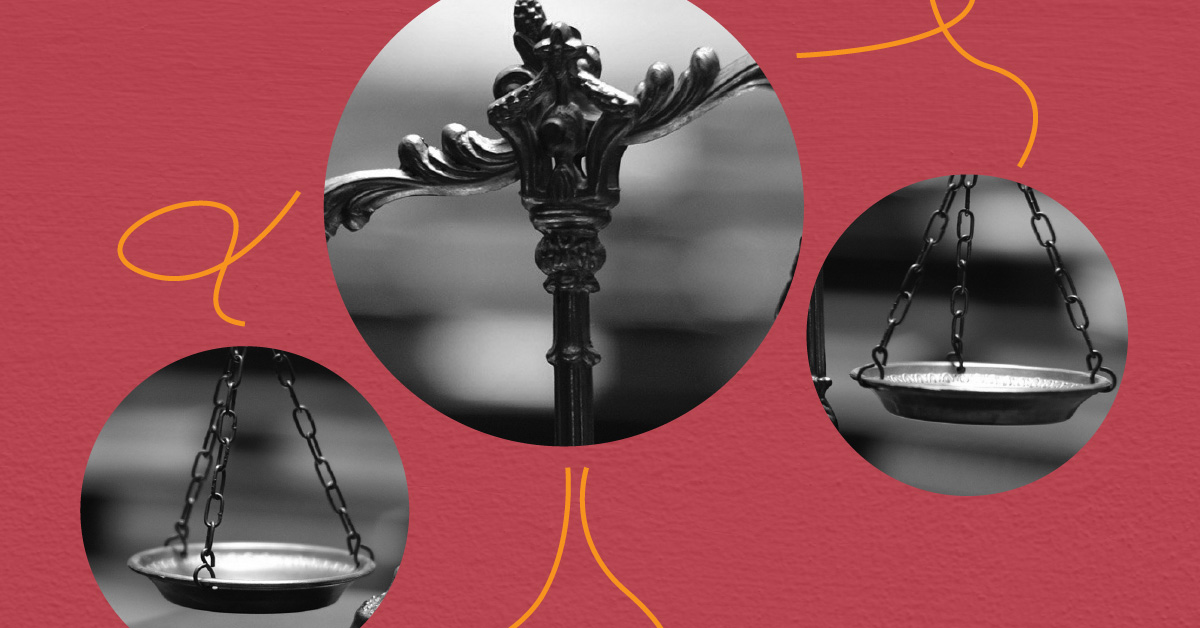This past month has been incredibly charged with calls to action for social justice around the world. Even as the COVID-19 pandemic limits large gatherings, thousands have joined global protests against systemic racism following the police killings of Black men and women in the United States, and reports of police brutality against Black, Indigenous, people of colour (BIPOC) in Canada.
As many have taken to social media to share stories of injustice and call for public action, and leaders in higher education across the country have condemned anti-black violence and xenophobia, we also recognize that systemic racism and discrimination exist in Canada, and that Black students, Indigenous students, Asian students, and other visible minorities often disproportionately face challenges to success.
We celebrated inclusivity and diversity during Pride Month, and the unique heritage, diverse cultures, and outstanding contributions of Indigenous peoples on National Indigenous Peoples Day, but we must also take actionable steps to catalyze change. Colleges and institutes have a vital role to play in developing an engaged, civic-minded, and community-focused society.
- The Justice Institute of British Columbia (JIBC) is Canada’s unique leading public safety educator, training approximately 26,000 students on campus and online each year. Last month, JIBC condemn race-based violence and discrimination, and affirmed its commitment to the principles of diversity, inclusivity, and social justice advocacy in its law enforcement training.
- Just last year, Nunavut Arctic College and the University of Saskatchewan launched the Nunavut Law Program with funding from the federal government to give legal professionals an understanding of the regional and cultural contexts in Nunavut and to improve access to justice across the territory.
- The Northern Institute of Social Justice at Yukon University focuses primarily on developing and delivering short training courses and awareness sessions for frontline workers employed in social justice-related work in governments, non-government organizations, and businesses. Courses cover fields such as administrative justice, education, health and wellness, policing, regulatory enforcement, and social services.
- Collège de Maisonneuve is the only francophone cégep to offer the Justice and Society diploma program looking at individual and collective rights, the role of public institutions in social and economic equality and the distribution of wealth, and the history of the justice system in Canada.
- Collège d’Alma’s Police Technologies for First Nations program [Techniques policières des Premières Nations] trains public safety officials with particular emphasis on the unique realities and challenges often faced by Indigenous communities.
- Bow Valley College’s two-year Justice Studies diploma with Aboriginal Focus Specialization trains students for careers in justice sectors, covering topics such as psychology and mental health, correctional methods, and intervention strategies with youth.
- The Atlantic Police Academy (APA) at Holland College provides training to enter public safety careers and is also a leader in the development of the Canadian Police Knowledge Network (CPKN), an innovative network of training and knowledge sharing between police and public safety professionals.
- In an informal, virtual setting, Centennial College recently hosted a community conversation on anti-Black racism and how we can take action as a community. In a safe space for Black students and allies, participants shared the impacts of anti-Black racism and resources for support.
While programs of study and institutional initiatives focused on social justice, race, and gender equality educate and help communities take important steps forward, we must also take a deep look within all of our institutions and ask the difficult questions that expose implicit and unintentional biases in order to drive meaningful change. We cannot take for granted that racism and discrimination don’t exist in our communities and on our campuses. Committing to the Sustainable Development Goals, and to universal, inclusive quality education means that we need to continue to have the conversation, to right wrongs, and to admit we can and we will do better.

